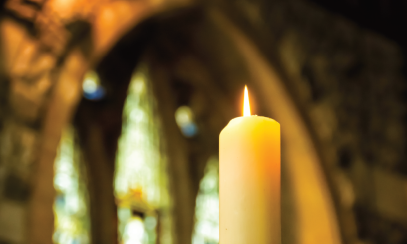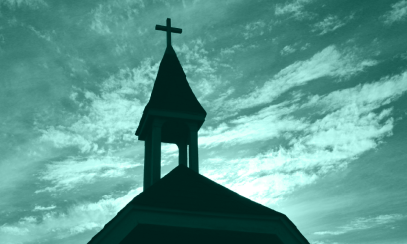Dear Fr. Joe: What happened to limbo? I can’t find anything in church documents about this.
I think it’s near Poughkeepsie, N.Y., now – next to the Ramada. OK, that was just wrong. I know.
So, what happened to limbo? I found a great article on this written by Gerald Faggin and published in America magazine. He really breaks it down well, and I am going to use his article as a guide.
The key issue is this: As our early Christian brothers and sisters worked through their understanding of God – his love and grace – they formed theories and ideas about, for lack of a better phrase, “how it all works.”
When discussing baptism, our early Christian leaders recognized how important it is; Jesus made baptism a part of every commission in each Gospel. In Matthew 28:19, for example, Jesus puts it this way: “Go, therefore, and make disciples of all nations, baptizing them in the name of the Father, the Son and the Holy Spirit.” Taking their cues from Jesus’ words and the inspiration of the Holy Spirit, our earliest teachers in the New Testament emphasized how essential baptism was for salvation. There are many examples of this (1 Pt 3:21; cf. Acts 2:38, 22:16, Rom 6:3-4, Col 2:11-12), but I think the clearest is this:
How can we who died to sin yet live in it? Or are you unaware that we who were baptized into Christ Jesus were baptized into his death? We were indeed buried with him through baptism into death, so that, just as Christ was raised from the dead by the glory of the Father, we too might live in newness of life. (Romans 6:2b-4)
As they wrestled with the necessity of baptism for salvation, they also bumped into an issue of key importance: free will. In this case, free will is our ability to say “yes” or “no” to Jesus and is essential to any question of salvation.
The next concept in all of this was heaven: People who never had an opportunity to say “no” to Jesus obviously never had a chance to say “yes” either. Although Jesus won’t condemn anyone who never had a chance to know him, the early Christians believed that if we can’t say “yes” to Jesus, then we cannot enter heaven.
This led, then, to the question of babies who died before baptism: Since they couldn’t exercise their free will and refuse or embrace baptism, what happened to them?
Our earliest answers were frankly not our best, but eventually, the idea of free choice and the importance of baptism merged in this concept that was called “limbo.” The revered Baltimore Catechism put it this way:
Persons, such as infants, who have not committed actual sin and who, through no fault of theirs, die without baptism, cannot enter heaven; but it is the common belief they will go to some place similar to limbo, where they will be free from suffering, though deprived of the happiness of heaven. (Q.632)
The odd thing is, you really can’t find anything in church documents about this, and even our Baltimore Catechism specifies it as “the common belief.” This is one of those situations where the church didn’t give us specific direction, so we began teaching our speculation as fact.
Today, it’s hard to pin down where the church is on this whole thing, as the Catechism of the Catholic Church doesn’t even mention it. There are those who, like Faggin, believe this is because the church no longer finds the idea of limbo acceptable. I know in all my time at seminary, we weren’t taught anything about limbo being acceptable Catholic theology. The church can’t retract any statement about limbo, because it never made one.
This doesn’t mean God “changed”; God doesn’t change. But what we can handle does. In the same way that kids learn more and more about their folks over time, we learn more and more about God as time goes on. God’s tender love and compassion stretch beyond our imagination and we can, and must, always take comfort in that.
Enjoy another day in God’s presence!



